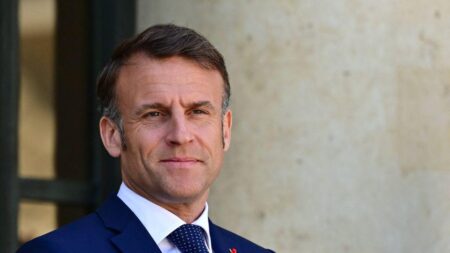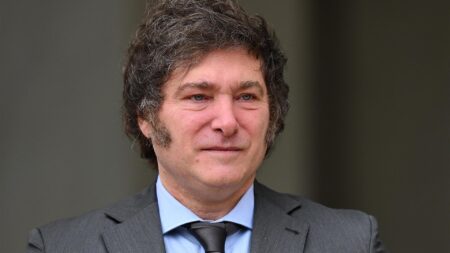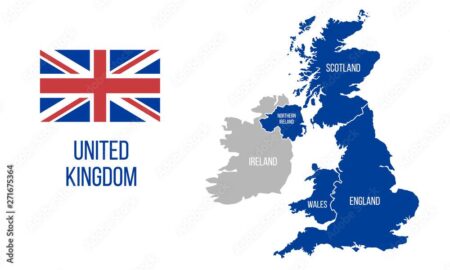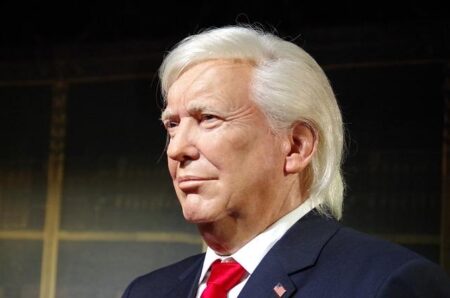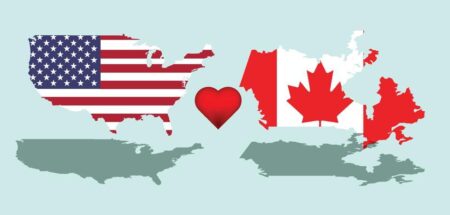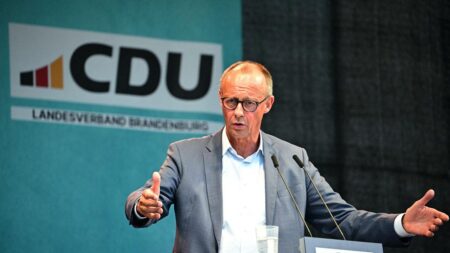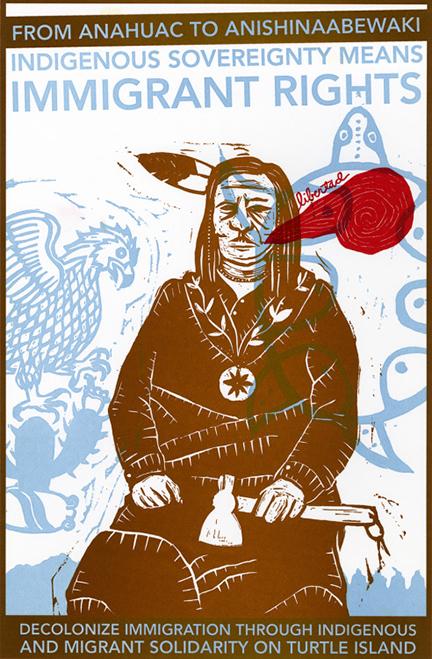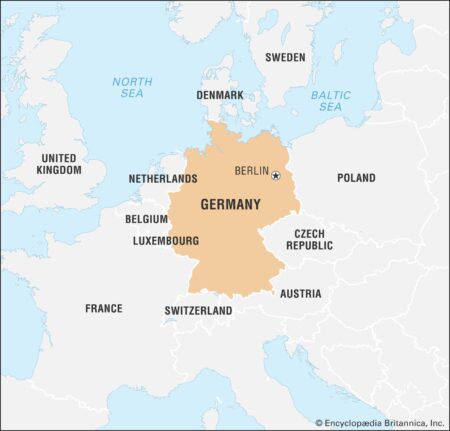French President Emmanuel Macron announced that France may recognize a Palestinian state by June, signaling a potential shift in diplomatic relations. This move aims to revive the stalled peace process and support Palestinian statehood in the ongoing conflict.
Browsing: Sovereignty
French President Emmanuel Macron announced that France may formally recognize a Palestinian state as early as June. This potential recognition aims to reaffirm France’s commitment to a two-state solution amid ongoing tensions in the region.
In a recent statement, Argentine presidential candidate Javier Milei asserted that Falkland Islanders would ultimately “prefer being Argentine.” His comments reignite the longstanding sovereignty dispute over the disputed islands, stirring fresh debate in the region.
In a recent statement, Javier Milei emphasized that Argentina’s sovereignty claim over the Malvinas Islands is integral to positioning the nation as a regional power. He argued that reclaiming the islands is essential for national pride and economic strength.
During the recent General Assembly of the United Nations, the United Kingdom of Great Britain and Northern Ireland emphasized its commitment to global cooperation and tackling pressing issues such as climate change, security, and human rights.
An updated map of Ukraine highlights territories that Russia is reportedly demanding in ongoing negotiations. As the conflict continues, these regions represent strategic interests for both nations, complicating efforts for a lasting resolution.
In a strategic assessment of the ongoing conflict, Al Jazeera English reports that Vladimir Putin may achieve his objectives in Ukraine amidst shifting dynamics. With international responses evolving, the implications for the region remain critical and far-reaching.
In a recent episode of his podcast, Joe Rogan expressed his views on potential U.S. expansion, clarifying he doesn’t see Canada as a candidate for statehood. However, he did suggest that a different nation could be more suitable for becoming the 51st state.
In a surprising escalation, former President Donald Trump has intensified his rhetoric regarding statehood threats, targeting Canada in a recent speech. Analysts warn that this provocative stance could strain U.S.-Canada relations amid ongoing geopolitical tensions.
In a firm response to U.S. Senator Marco Rubio, Canadian Foreign Minister M√©lanie Joly asserted, “Canada’s sovereignty is not up for debate, period.” Her statement underscores Canada’s commitment to defending its territorial integrity amidst international discussions.
France has commenced the handover of military bases in Senegal, marking a significant shift in defense relations. This transfer is part of a broader strategy to enhance local security and strengthen bilateral ties between the two nations.
Germany‚Äôs chancellor-in-waiting emphasizes the need for “real” independence from US influence, advocating for a more autonomous foreign policy. As global dynamics shift, questions arise about the feasibility of this vision and its implications for transatlantic relations.
Indigenous leaders express alarm over former President Trump’s remarks suggesting Canada could become the 51st U.S. state, asserting it undermines Canada’s sovereignty and threatens Indigenous rights. They emphasize the need to protect their autonomy amid such rhetoric.
Germany’s new leader has announced plans to pursue greater independence from the United States, signaling a shift in foreign policy. This move aims to enhance national sovereignty and strengthen ties with other global partners in a changing geopolitical landscape.
In a recent Chatham House report, experts outline key strategies for the UK to bolster its support for Ukraine and European security. Recommendations include increased military aid, stronger sanctions on Russia, and enhanced diplomatic efforts to unite allies against aggression.


